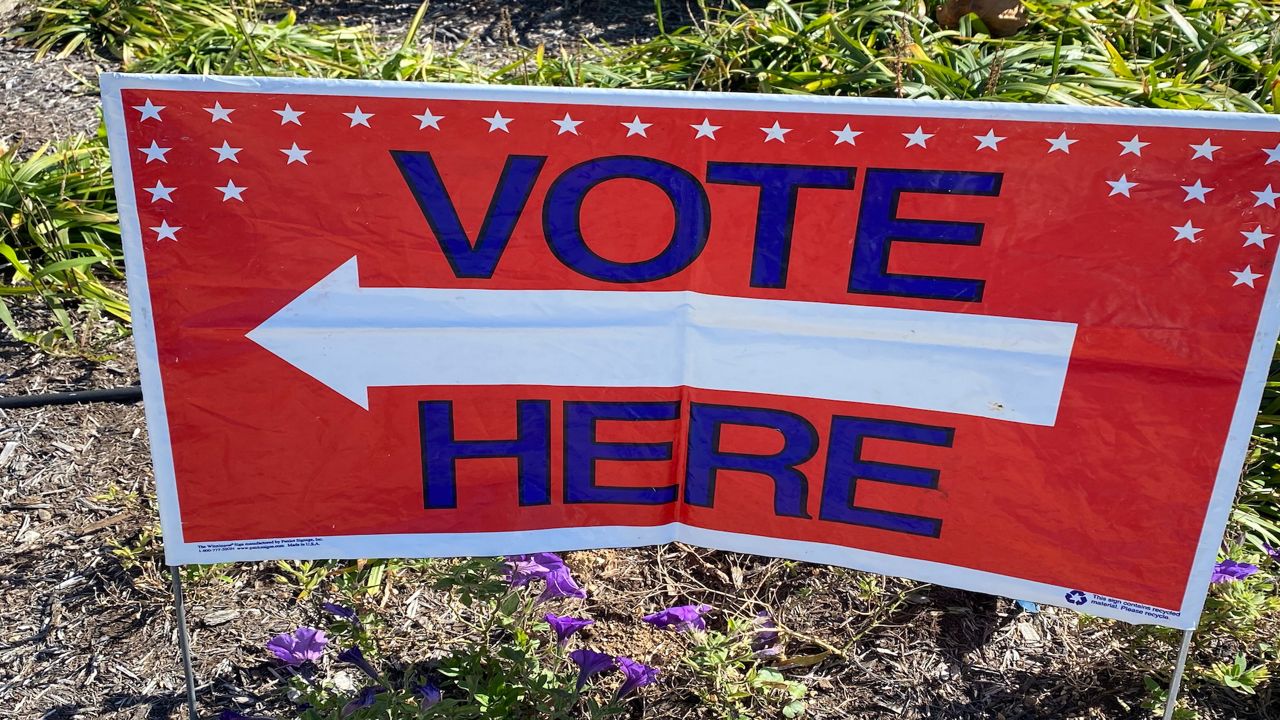A voter registration deadline of 25 days before the election can hurt turnout and participation — especially among younger voters, an analysis released Monday by the New York Civil Liberties Union found.
The group, along with other voting reform and advocacy organizations, is planning a major push in Albany in the coming weeks for a package of measures meant to change New York's elections laws and make it easier to vote in the state.
The effort comes less than a year after voters in New York rejected constitutional amendments meant to make it easier to gain access to the ballot, including a proposal that would have enabled the Legislature to set an earlier deadline for registration. Voters last year also rejected a proposed amendment to eliminate excuses when casting ballots by absentee.
Advocates have signaled they will make a deeper push for the changes, and Gov. Kathy Hochul proposed legislation to do so earlier this year when laying out her agenda for 2022.
The NYCLU's analysis found that 93,649 New York residents were not able to vote in the 2016 general election because they had registered after the 25-day deadline.
Many voters under the age of 35 were unable to cast votes in the 2016 presidential primary, with 42,628 people missing the deadline to do so.
And only 3% of New York residents who cast a ballot in the 2021 general election were between the ages of 18 and 24, only8% were between the ages of 25 and 34, the analysis found.
The cutoff for registering to vote — applications must be postmarked by Oct. 14 and hand-delivered by Oct. 19 this year for the general election — also comes before public and media interest crests in the election.
The number of news articles mentioning New York candidates triples during the 24 days before the election, the NYCLU's report found, compared to the 50 days before the 2018 general election and 2020 primary election.
"In other words, when the public is turning its interest to the upcoming election, it may be too late for would-be-voters in New York to register," the report found. "This is especially true for lower turnout and off-cycle election years when the election news cycle is even shorter."



